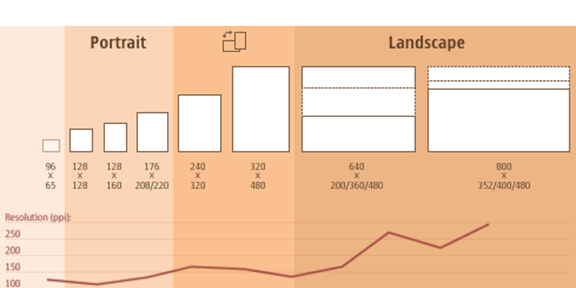Tips on Responding to Online Inquiries
 Do you ever stop and think about the financial and time resources that go into maintaining an effective website that converts into real cases? You should, because how you respond to inquiries will determine the conversion rate.
Do you ever stop and think about the financial and time resources that go into maintaining an effective website that converts into real cases? You should, because how you respond to inquiries will determine the conversion rate.
► Respond to viable inquiries right away (within minutes): Most consumers on the web are shopping around and the first person that gets them on the phone, will probably be the first to sign them up; especially if they have a good case.
► Assign a reliable staff member or team of staff members to be responsible for responding to inquiries. Incentivize them if you can so that they are committed to responding quickly.
► Train your staff to be compassionate and empathetic to the callers, even when they may not have a case. Make sure the caller speaks to an attorney as soon as possible and an appointment is set up.
► Respond to inquiries that do not fit the profile of a case that your firm handles. Provide useful information or a bar association referral telephone number if possible. A positive exchange will be remembered.
► Build up a list of law firms you can refer out to and arrange fee split arrangements if permitted ethically in your state.
► Keep accurate tracking of all calls / emails internally.
These couple of steps will ensure you are making the most out of all of your advertising efforts. Build a clientele that will refer you to friends and family for years to come.








